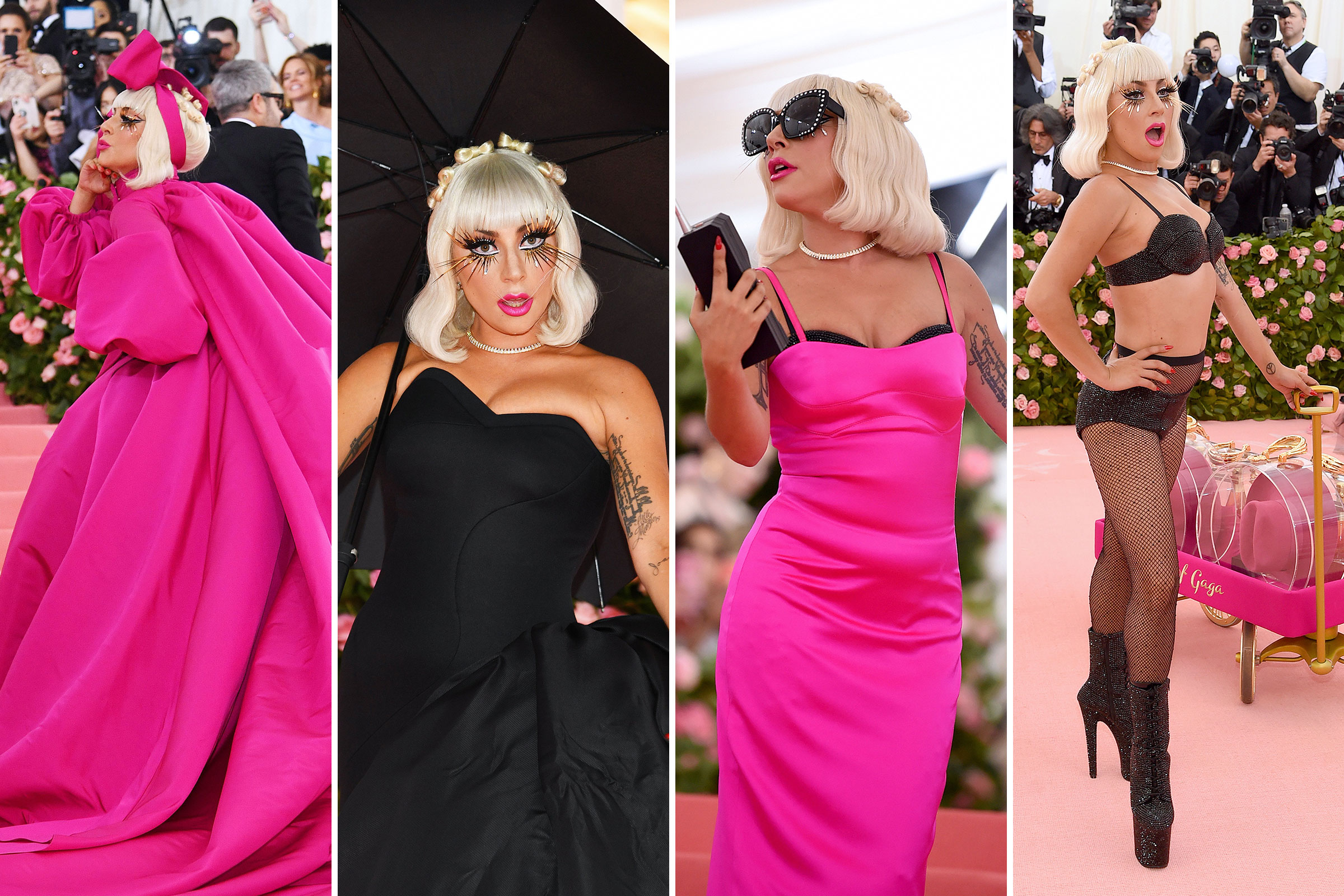Camp is so hard to explain. For example, Tony Award winner Billy Porter’s existence is camp, but only in the context of the rest of the world. Billy Porter as a person is not camp, but the idea of Billy Porter absolutely is camp. Additionally, the show “Scream Queens” which is described as “a semi-anthology series that centers on characters being terrorized by a serial killer in different locations” is camp, but it is also intentional camp. Some people say that something has to be unintentional for it to be camp, so under those conditions “Scream Queens” wouldn’t be camp anymore.

In Susan Sontag’s 1964 essay “Notes on Camp” she asserts that “the essence of camp is its love of the unnatural: of artifice and exaggeration,” but it’s also much more than that. Sontag acknowledges that camp contains an essence that is lost as soon as it is put into words, but we will try to dissect it anyways.
Fashion archivist and historian, Gabriel Held acknowledges camp as an “appreciation of what is otherwise deemed questionable taste.” Merging these two definitions of camp, we could say that camp is a celebration and love of exaggerated, unnatural, and questionable choices in the name of art. It is a direct contrast to the idea that the only valid form of art is one that is perfected, visually appealing, and fits into general society. It is a movement opposing the current culture of visual perfection, which is why I think it’s interesting that it was the Met Gala theme in 2019. Almost everyone there was visual perfection and barely even changed what they normally wear to red carpets, and that alone was anti-camp. Going against the grain boldly and with pride is the very essence of camp.

Lady Gaga’s 2019 Met Gala outfit was a performance. She had many layers and they were all outrageous. Yes, she looked gorgeous, but the point of her look was not visual perfection and praise, it was to perform, to exude camp. Each outfit change occurred on the red carpet with a performance and rehearsed routine attached to it. That was camp. Camp is an essence that is almost impossible to explain, but once you understand the specificalities of it, it’s easy to decipher what is and isn’t camp.
Aura’s mission is to provide a platform for all artists and types of art. This includes accepting and loving camp. We would love to see more pieces deemed “camp” in our magazines, as it is an incredibly specific art form that deserves to be supported.

